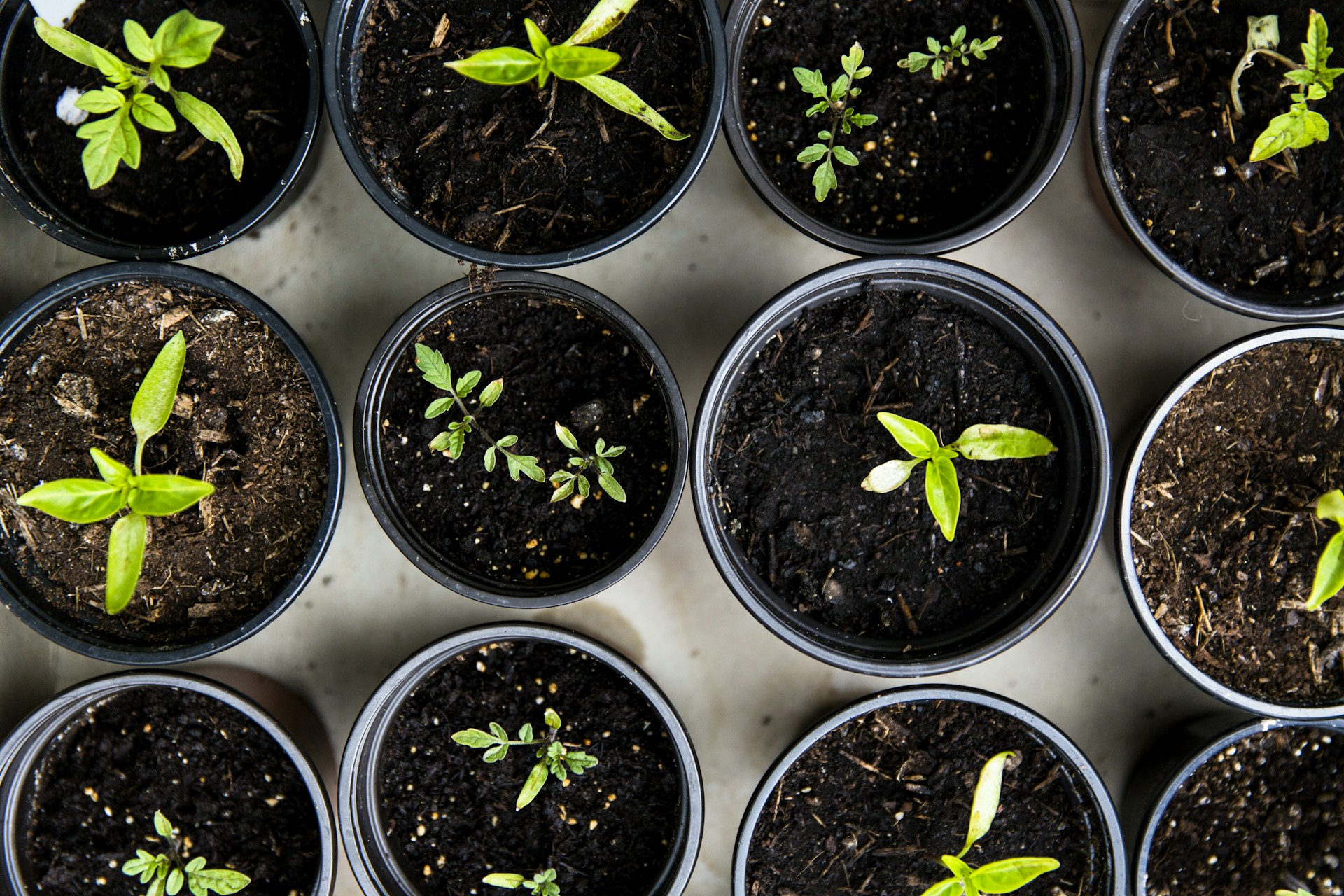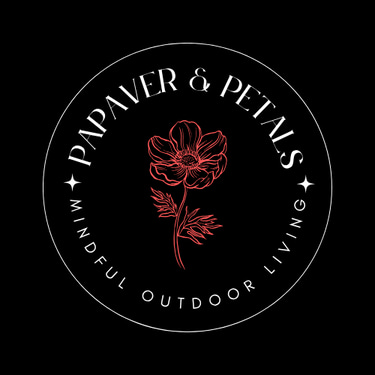
Why Pollinator Gardens Matter: Supporting Nature, One Bloom at a Time
Learn why pollinator gardens are essential for biodiversity, food systems, and healthy ecosystems. This beginner’s guide explores the ecological benefits of creating pollinator-friendly spaces at home—and how to get started.
POLLINATOR GARDENS
P + P
6/27/20253 min read


Why Pollinator Gardens Matter: Supporting Nature, One Bloom at a Time
Explore the ecological benefits of creating pollinator-friendly spaces at home.
Disclosure: As an Amazon Associate, I earn from qualifying purchases. Some of the links in this post may be affiliate links, which means I may earn a small commission at no extra cost to you.
When you hear the word “pollinator,” bees likely come to mind—but they’re only part of the story. Butterflies, moths, beetles, hummingbirds, and even bats all play a role in helping plants reproduce. And in recent years, their populations have been under serious threat.
This is where pollinator gardens come in. By creating small but intentional spaces filled with the right plants and conditions, everyday gardeners can become part of a much bigger solution—restoring balance to our ecosystems and supporting the wildlife that makes life bloom.
🐝 What Is a Pollinator Garden?
A pollinator garden is a thoughtfully planted space designed to attract and support pollinating species. These gardens are rich in nectar- and pollen-producing plants, often featuring a variety of native flowers that bloom at different times of year.
But pollinator gardens are about more than just pretty flowers—they provide food, shelter, and breeding habitat for the very creatures our planet depends on.
🌎 Why Pollinators Are So Important
Pollinators are essential to the health of ecosystems and our food supply. In fact, over 75% of flowering plants and around 1 in every 3 bites of food we eat rely on pollinators to reproduce.
Without them, we’d lose:
Many fruits, vegetables, and nuts
Wildflowers and native plants
Biodiversity across habitats
The wildlife that depends on pollinator-supported plants
Unfortunately, pollinators are facing major challenges: habitat loss, pesticide use, disease, and climate change are all contributing to a dramatic decline in their numbers.
Creating a pollinator garden is one of the simplest, most beautiful ways to push back.
🌸 The Ecological Benefits of Pollinator Gardens
1. Boost Local Biodiversity
Pollinator gardens help sustain native plant populations and the wildlife they support. The more diverse your planting, the more insects, birds, and small animals will thrive in your yard.
2. Support Food Webs
Pollinators aren’t just plant helpers—they’re also food for other creatures. Birds, amphibians, and mammals all depend on healthy insect populations to survive.
3. Improve Soil and Water Health
Deep-rooted native plants stabilize soil, prevent erosion, and increase rainwater absorption. This helps reduce runoff and supports cleaner groundwater systems.
4. Reduce the Need for Chemicals
Pollinator-friendly gardens naturally attract beneficial insects that keep pests in check. With the right balance, you may find you no longer need synthetic fertilizers or pesticides.
5. Create a Living Classroom
These gardens are ideal for children and adults alike to learn about ecology, wildlife, and the beauty of interdependence in nature.
🌼 How to Create a Pollinator Garden at Home
You don’t need acres of land—just a bit of planning and a love for blooms.
✅ Start with These Steps:
Choose native plants suited to your region—they’re more resilient and preferred by local pollinators.
Plant in clusters so pollinators can easily find and forage among blooms.
Include a variety of flower shapes, colors, and bloom times to support pollinators from early spring to late fall.
Skip the pesticides—even organic sprays can harm beneficial insects.
Provide water and shelter with shallow dishes, rocks, bare soil patches, and native grasses or shrubs.
🌸 Popular Pollinator Plants:
Milkweed – monarch butterflies' essential host plant
Bee balm, coneflower, black-eyed Susan – for bees and butterflies
Lavender, thyme, and oregano – dual-purpose for you and pollinators
Salvia, penstemon, and zinnias – long bloomers with high nectar
🌿 Even a few container plants on a balcony can make a difference.
🌼 Final Thoughts
Pollinator gardens are powerful not just because they’re beautiful, but because they restore connections—between people and plants, flowers and insects, homes and habitats. In a time of ecological uncertainty, creating a space for pollinators is a hopeful act of stewardship.
So plant with purpose. Let your garden buzz and flutter with life. Because when we take care of pollinators, we’re taking care of the planet—and ourselves.
